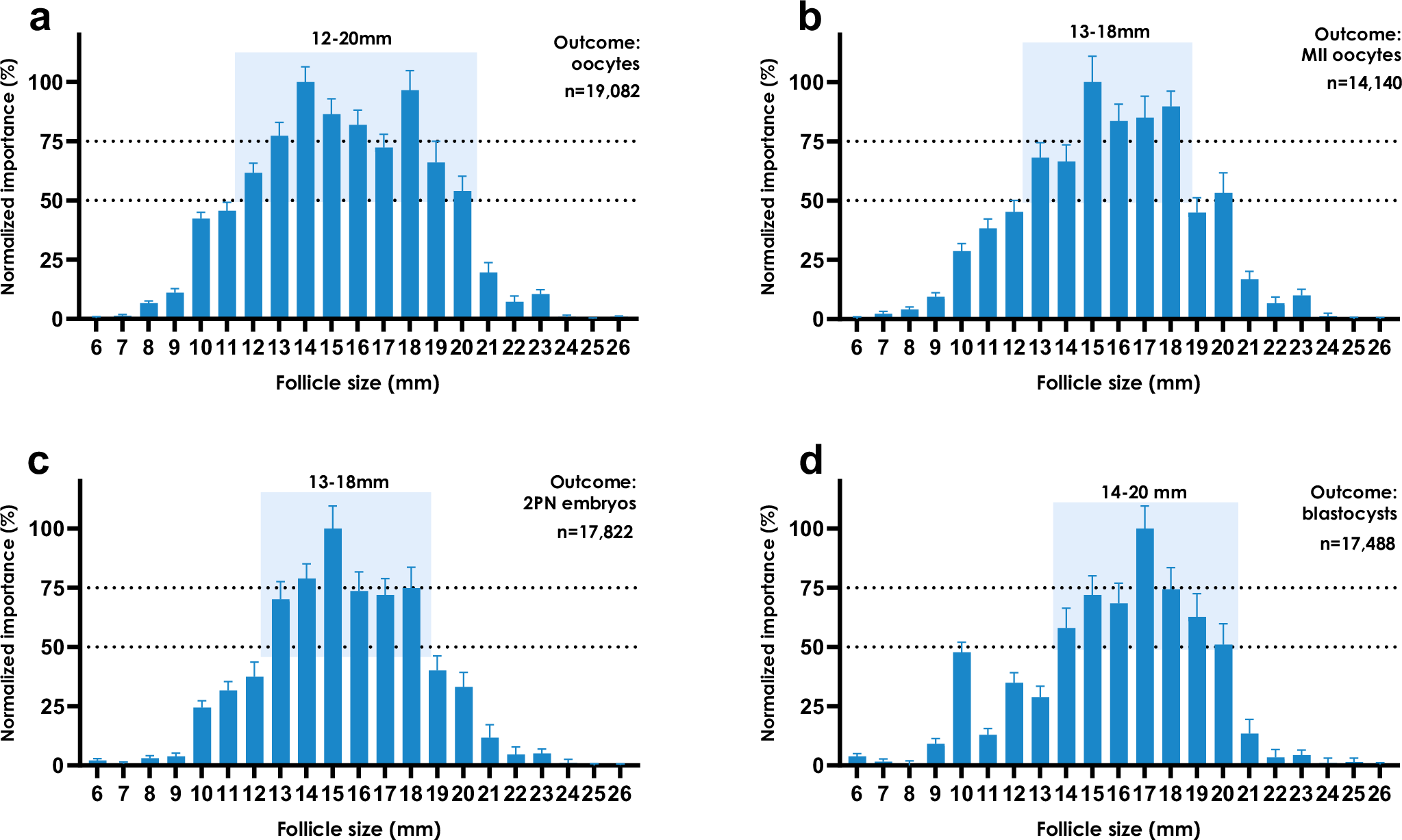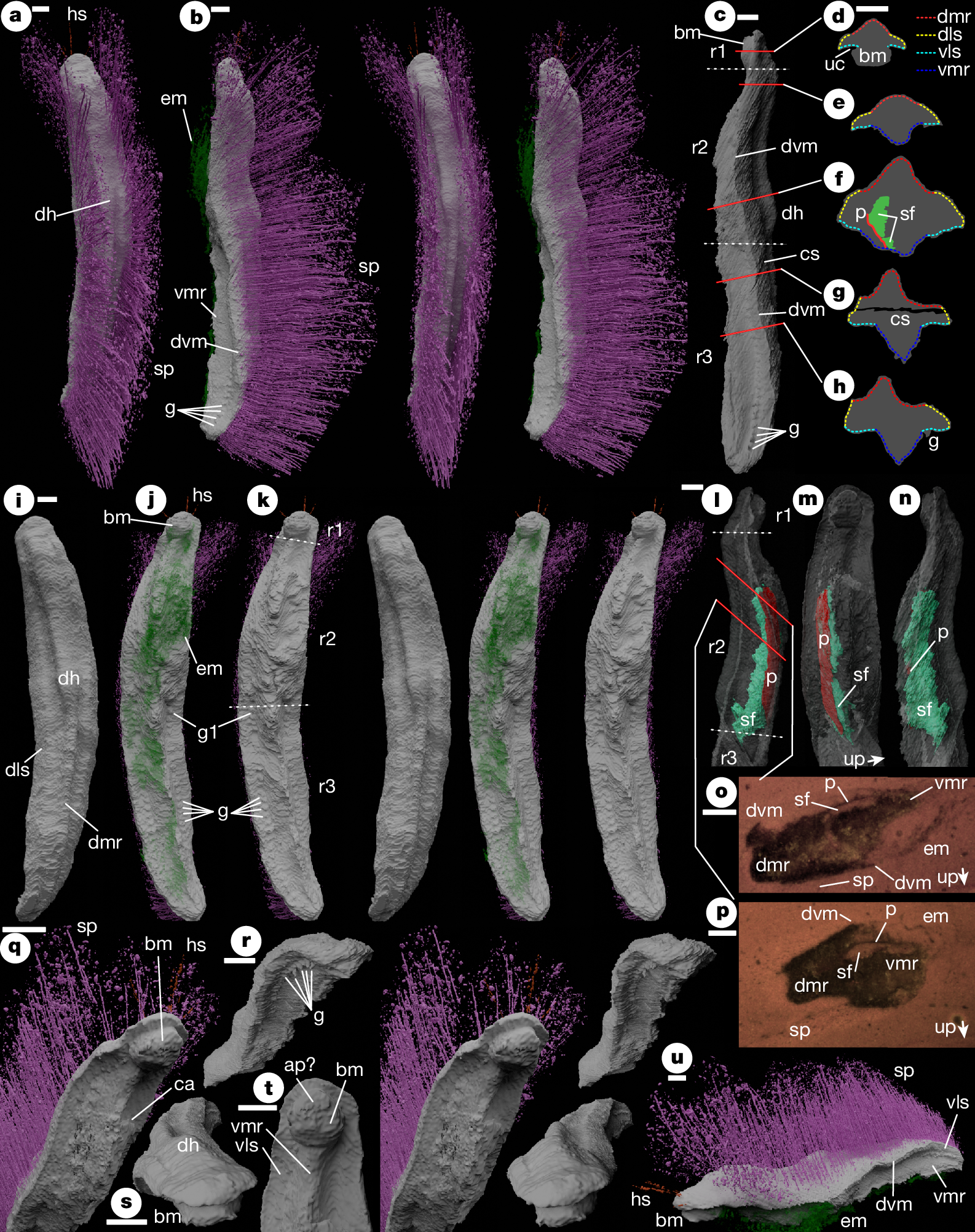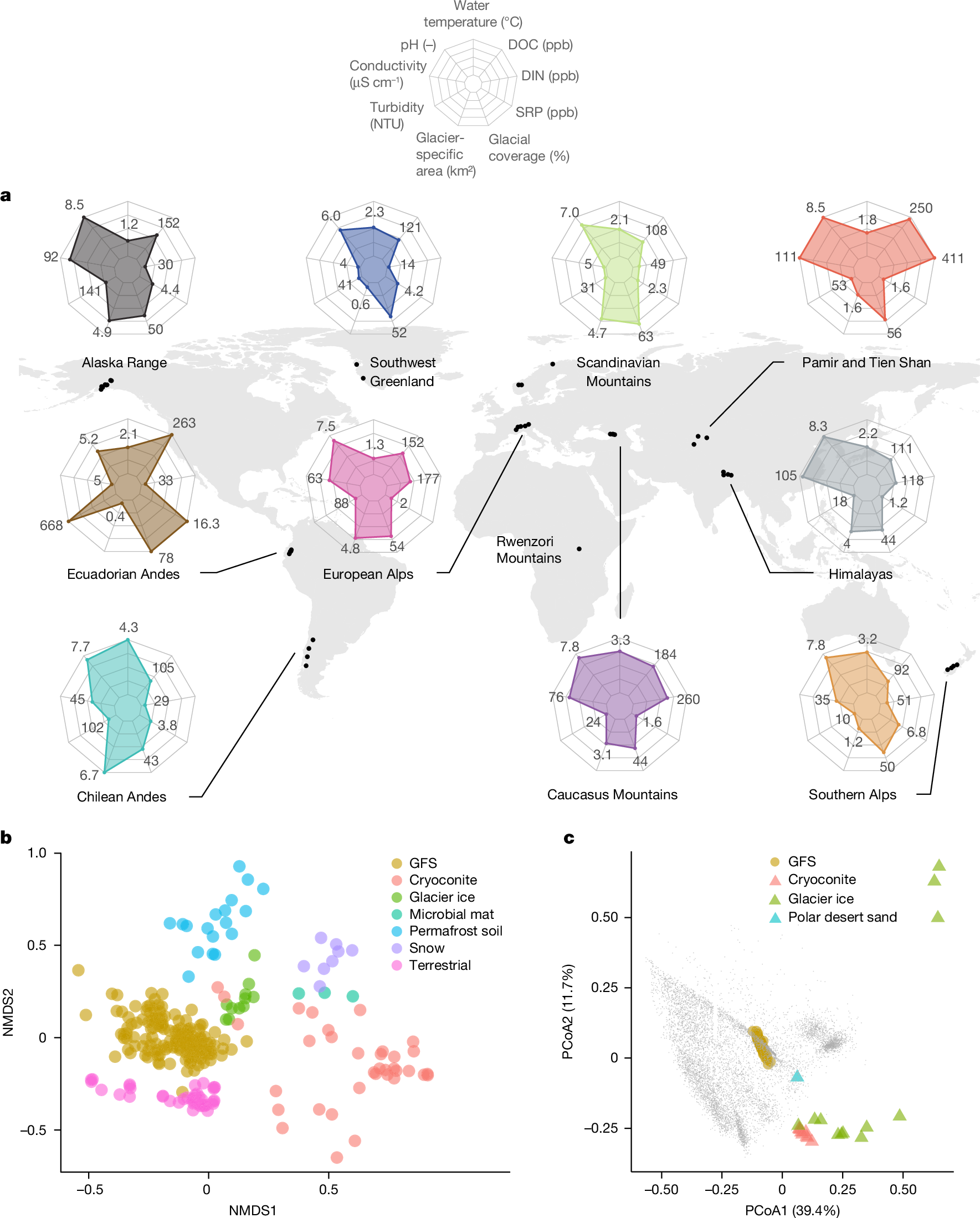2025-01-08 インペリアル・カレッジ・ロンドン
<関連情報>
- https://www.imperial.ac.uk/news/259693/ai-could-improve-success-ivf-treatment/
- https://www.nature.com/articles/s41467-024-55301-y
説明可能な人工知能が、補助妊娠中の臨床転帰を最適化する卵胞を特定する Explainable artificial intelligence to identify follicles that optimize clinical outcomes during assisted conception
Simon Hanassab,Scott M. Nelson,Artur Akbarov,Arthur C. Yeung,Artsiom Hramyka,Toulin Alhamwi,Rehan Salim,Alexander N. Comninos,Geoffrey H. Trew,Tom W. Kelsey,Thomas Heinis,Waljit S. Dhillo & Ali Abbara
Nature Communications Published:08 January 2025
DOI:https://doi.org/10.1038/s41467-024-55301-y

Abstract
Infertility affects one-in-six couples, often necessitating in vitro fertilization treatment (IVF). IVF generates complex data, which can challenge the utilization of the full richness of data during decision-making, leading to reliance on simple ‘rules-of-thumb’. Machine learning techniques are well-suited to analyzing complex data to provide data-driven recommendations to improve decision-making. In this multi-center study (n = 19,082 treatment-naive female patients), including 11 European IVF centers, we harnessed explainable artificial intelligence to identify follicle sizes that contribute most to relevant downstream clinical outcomes. We found that intermediately-sized follicles were most important to the number of mature oocytes subsequently retrieved. Maximizing this proportion of follicles by the end of ovarian stimulation was associated with improved live birth rates. Our data suggests that larger mean follicle sizes, especially those >18 mm, were associated with premature progesterone elevation by the end of ovarian stimulation and a negative impact on live birth rates with fresh embryo transfer. These data highlight the potential of computer technologies to aid in the personalization of IVF to optimize clinical outcomes pending future prospective validation.

